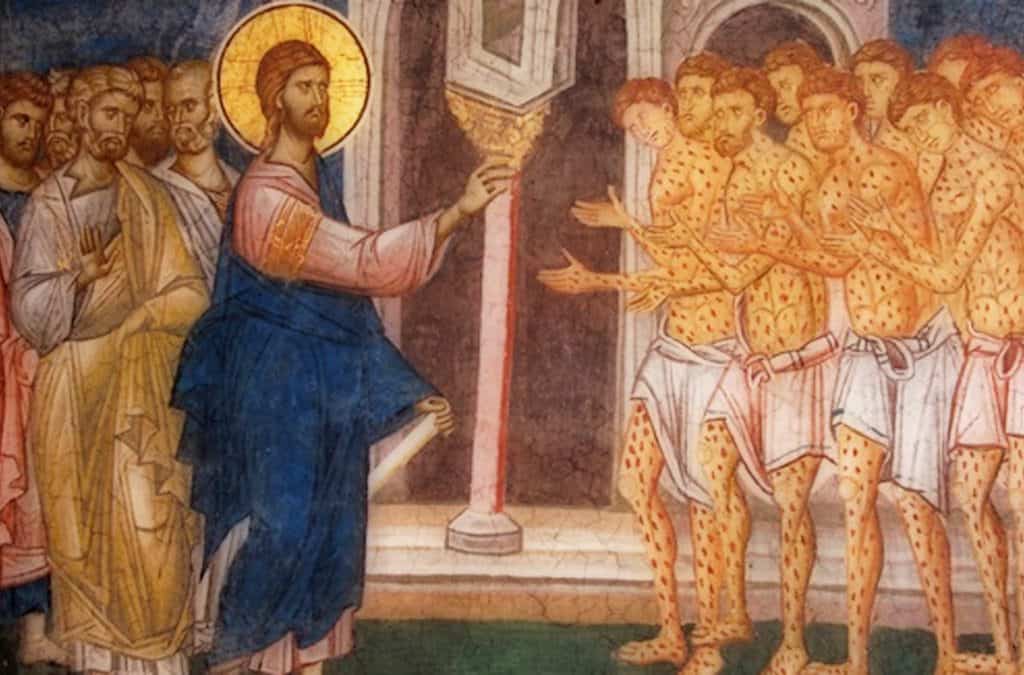Since ancient times, leprosy has been regarded as both a physical and spiritual affliction. Spanning from divine wrath in ancient cultures to its recognition as a bacterial disease, its interpretation has mirrored the beliefs and advancements of each era.
Leprosy in Ancient Cultures: Understanding Divine Wrath
In cultures such as the Egyptian and the Greek, leprosy was considered a punishment from the gods, reflecting their understanding of diseases as manifestations of divine anger. Although this view was not exclusive to Judaism, in classical Greece, more rational and medical approaches began to emerge that sought natural causes for diseases.
Judaism and Its Interpretation of Leprosy
In Judaism, leprosy was not only a physical condition but also a ritual impurity, showcasing a complex relationship between the physical and the spiritual.
Leviticus details this condition, emphasizing the purification and isolation rules necessary to manage the impurity.
Jesus and Leprosy in Early Christianity
The New Testament depicts Jesus healing lepers, not only evidencing His divine power but also His compassion and challenge to the norms of His time.
This represents a shift from the Old Testament, where the perception of the disease transformed towards a more compassionate and miraculous approach.
Modern Medical Perspectives
With advances in medicine, leprosy was recognized as a bacterial disease, shifting the perception from a divine punishment to a treatable medical condition. This change is crucial for improving understanding and empathy towards those affected and combating the stigma associated with the disease.
The history of leprosy reflects how social and religious attitudes towards diseases and the sick have evolved. Historically, lepers were marginalized and stigmatized, seen as impure or punished by the gods.
This perception gradually changed, especially with the advent of Christianity, where the sick began to be seen as deserving of compassion and care.
Leprosy in Post-Biblical Judaism
After the Bible, the interpretation of leprosy and its treatment in Judaism changed. Rabbinic texts, like the Talmud, offer a more detailed and nuanced view of tzara’at, emphasizing compassion and care for those affected, rather than solely viewing the disease as a divine punishment.
The evolution in the understanding of leprosy is a testament to how interpretations of diseases can change over time. What was once seen as a divine punishment is now a treatable medical condition.
This evolution reflects not only scientific advances but also changes in social and religious perceptions, where fear and stigma have given way to understanding and empathy.
The history of leprosy teaches us about the evolution of beliefs and medicine. What began as a divine punishment transformed into a disease understood, demonstrating how perceptions can change with scientific advancements and cultural shifts.

